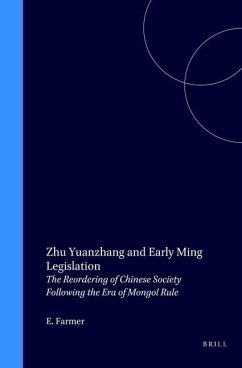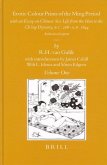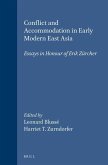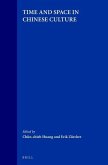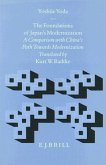This volume deals with the social legislation of Zhu Yuanzhang, who founded the Ming dynasty (1368-1644), following the era of Mongol rule in China. It recounts the circumstances under which the laws were enacted and what the Emperor claimed he was trying to accomplish - a restoration of traditional Chinese social norms. The contents of several codes are discussed in terms of the groups to which they applied and the range of activities they purported to regulate. The early Ming codes formed one of the most comprehensive and cohesive bodies of law in all of Chinese history. Taken as a group, they constituted an autocrate's blueprint for the ideal society. The texts of three codifications - an imperial clan constitution, a general summary of the laws, and guidelines for village life - are translated as appendixes.
Hinweis: Dieser Artikel kann nur an eine deutsche Lieferadresse ausgeliefert werden.
Hinweis: Dieser Artikel kann nur an eine deutsche Lieferadresse ausgeliefert werden.
